Key Takeaways
- Agentic AI enables autonomy by recognizing problems, remembering past interactions, and planning steps to complete tasks.
- Unlike generative AI, agentic AI takes initiative, optimizing workflows and executing tasks independently.
- There are four types of AI agents: generative information retrieval, prescriptive knowledge, dynamic workflow, and user assistant agents.
- Businesses use AI agents for customer service, marketing, finance, legal research, and manufacturing automation.
- Jotform AI Agents create interactive experiences by automating conversations and streamlining data collection.
Like many areas of technology, the field of AI is advancing quickly. If you blinked, you might have missed the latest development: agentic AI. While automated chatbots and AI customer service tools have been in use for a while, agentic AI offers significantly advanced capabilities.
So what is agentic AI, and how does it work? In this article, we’ll answer both questions and explain how your business can start taking advantage of the technology now.
What is agentic AI?
Think of AI agents as high-performing assistants.
“Generative AI gets a lot of attention for its ability to create text, art, and even music, but there’s another type of AI that’s quietly changing jobs: agent AI,” says Ghazenfer Mansoor, CEO and founder of Technology Rivers.
Agent AI, or agentic AI, is a type of artificial intelligence that simulates human reasoning. While automated chatbots typically answer one-off customer questions, AI agents are capable of carrying out complex conversations, drawing on a body of information they’ve been trained on and other information sources they can actively access.
AI agent technology is still improving, but it’s well on its way to handling challenging tasks on autopilot. AI agents are turning heads in the business world because they have some impressive capabilities:
- Recognizing situations and problems: An AI agent can combine the data it’s been trained on with new data sources to identify relevant information about a given situation, allowing it to respond appropriately.
- Remembering past interactions and behaviors: There’s no need to start from scratch every time you direct an AI agent. It remembers previous experiences and continuously uses them to improve performance.
- Making plans to pursue goals: Once it gets a task, an AI agent can autonomously plan a sequence of key steps to take in order to complete it.
- Using tools to accomplish goals: AI agents make use of relevant tools to complete their tasks. For example, they might carry out a web search, query a dataset, or access relevant emails or calendar entries as needed.
If you tasked an AI agent with drafting a financial retirement plan for a customer, the agent could, for example, analyze the individual’s investing history and financial data, determine their risk tolerance, research investment options and trends, and strategize an investment plan that optimizes returns for a specific future date.
Agentic AI is an exciting new development, in part because of how it advances the frontiers already pioneered by generative AI.
Pro Tip
Discover how the AI phone answering system can transform your customer service by automating calls and providing instant support. Try it now to enhance customer satisfaction!
Agentic AI vs Generative AI: What’s the difference?
TL;DR: Generative writes; agentic acts.
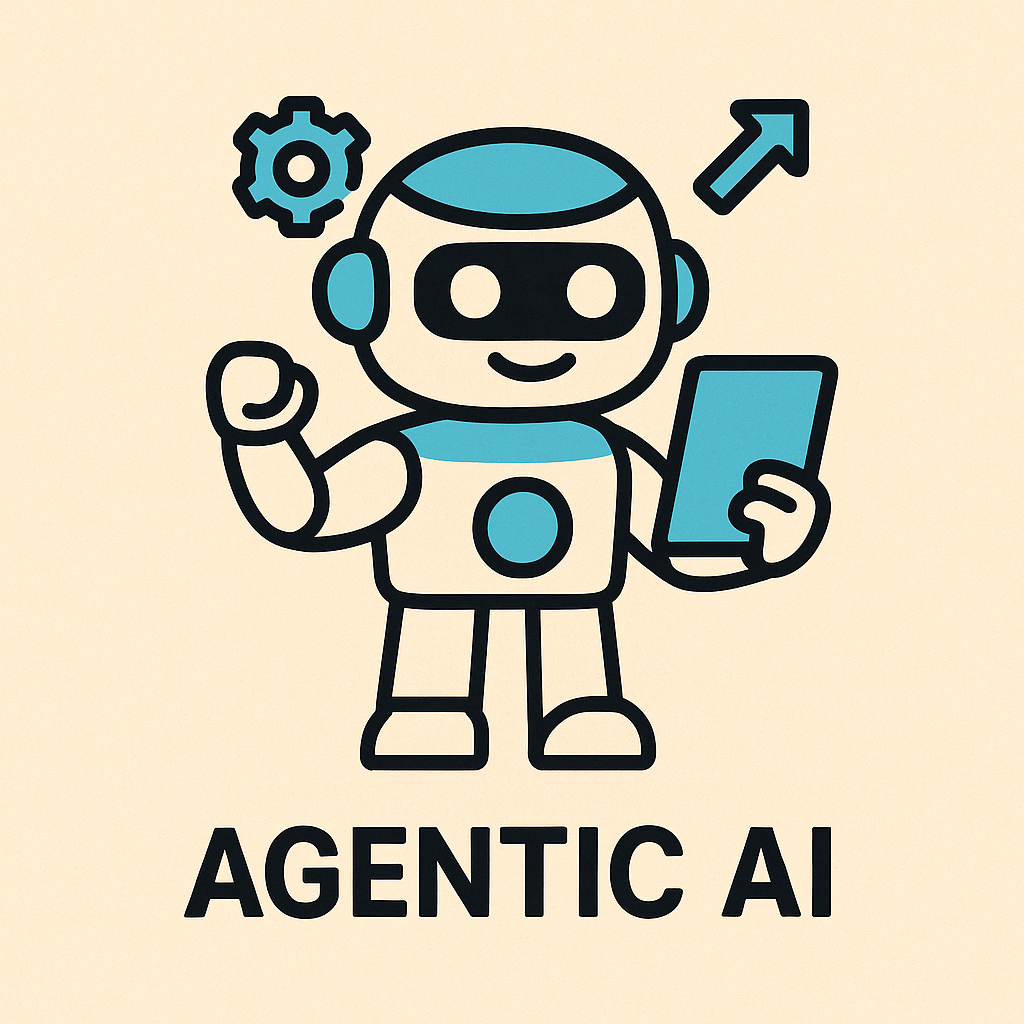 Agentic AI |  Generative AI | |
|---|---|---|
| Definition | Goal-seeking doers that plan and act with tools. | Content-generating responders to prompts. |
| Best at | Multi-step tasks, automation, integrations. | Writing, summarizing, Q&A, code/image generation. |
| Autonomy | Medium–high (with guardrails). | Low–medium (needs prompting). |
| Typical output | Actions/changes in systems (tickets closed, records updated). | Text, images, code, structured answers. |
| Use when | You want outcomes with minimal manual steps. | You want quick, high-quality content/answers. |
Agentic AI and generative AI are different types of artificial intelligence.
“Think of generative AI as a creative artist,” says Phil Portman, CEO of Textdrip and creator of Positive Intent AI. “It can paint beautiful pictures, write captivating stories, or even compose music. But it’s just a tool, following instructions given to it.
“Agentic AI, on the other hand, is more like a proactive assistant. It can not only understand instructions but also take initiative to achieve goals. It’s like asking your assistant to book a flight to Paris. A generative AI might need you to specify the dates, airlines, and preferences. But an agentic AI could suggest the best time to travel, find affordable flights, and even book accommodations based on your preferences.”
The main areas of contrast are their purpose as well as their use cases and applications.
Purpose
The purpose of generative AI is to generate content — like text, images, music, or code — based on instructions provided by human prompts. Technically, it’s a machine-learning model that’s trained to generate content similar to the content that’s been used to train it. In other words, its goal is to generate more of the same content that already exists.
The purpose of agentic AI, on the other hand, is to perform tasks autonomously. It streamlines workflows and optimizes processes. Agentic AI may use generative AI as a problem-solving tool, but these systems ultimately do different work.
Use cases and applications
Generative AI generates content, which makes it useful for businesses that want to scale up their production of certain content or save time producing it. In practice, businesses frequently use generative AI to do things like craft emails, summarize large amounts of content, or create product descriptions.
The use cases for AI agents are more sophisticated. An office worker could conceivably turn over control of certain tasks — like finding candidates to fill an open position — to an AI agent. That agent could access emails for incoming applications, parse work histories, create portfolios for the best candidates, and access your calendar for available interview dates — all without your help.
What are the main types of AI agents?
Use cases vary according to the type of agentic AI system. We can categorize AI agents into four types: generative information retrieval agents, prescriptive knowledge agents, dynamic workflow agents, and user assistant agents.
Generative information retrieval agents
Traditionally, an AI system’s ability to generate a response to something has been limited to the finite dataset it was originally trained on. But information is constantly changing, and AI frequently needs access to more timely data to give correct responses.
Generative information retrieval agents can access dynamic data sources to provide more reliable, accurate responses. An example of this type of AI would be a powerful customer service chatbot that’s capable of accessing new product web pages so it can provide more accurate information to customers.
Prescriptive knowledge agents
Best for use in highly regulated industries like finance and healthcare, prescriptive knowledge agents can ensure that operations are carried out in a way that complies with specific regulations. They have a high level of domain-specific knowledge that influences their understanding of a problem, their reasoning and decision-making processes, and the actions they take to solve the problem.
Dynamic workflow agents
Also known as action agents, these agents specialize in creating and executing workflows. They can adjust workflows to accommodate current conditions and real-time data, such as a customer initiating a return. They can repeat a process multiple times to achieve the highest-quality output. This type of agent is especially powerful when combined with other types of agents.
User assistant agents
User assistant agents support individuals directly with their day-to-day tasks. This type of agent comes in many forms and can do a variety of tasks, from handling conversations with customers to managing calendars and processing invoices. It’s designed to understand the user and adapt to their behavior while improving the output of a task.
What are some real-world AI agent use cases?
Considering AI agents’ potential for efficiency and high performance, it’s no wonder that businesses and teams across industries are finding a variety of uses for them.
Software developers can use them to
- Write code
- Develop new software products from scratch
- Manage quality assurance processes
Marketers can use them to
- Create more personalized e-commerce experiences based on individuals’ latest purchases
- Manage marketing campaigns, adjusting strategies to optimize performance
- Quickly process large amounts of customer data to predict trends and make marketing recommendations
Legal professionals can use them to
- Search through massive document stores and digital datasets to identify information relevant to a case
- Review contracts and assist in drafting them
- Quickly search through case law to find legal precedents
- Predict the outcomes of cases based on strengths and weaknesses
Finance professionals can use them to
- Automate tasks like fraud detection and risk assessments
- Develop new financial products
- Make investment recommendations
Manufacturing companies can use them to
- Optimize production processes
- Monitor machinery and predict equipment failures
- Improve quality control
How can AI agents transform communication?
Another AI agent use case that applies to virtually every industry is enhancing communication processes.
Think about the various forms you currently use to communicate with people inside and outside your organization. Depending on your industry, you might use forms to schedule appointments; gather information from business partners, families, patients, or students; collect payments or donations; capture leads; and more.
Thanks to AI agents, you can now turn the simple act of filling out a form into a dynamic, conversational experience that reflects well on your business.
Jotform AI Agents are trained with the data you provide and can both ask and answer questions at the same time as they gather information from customers to fill out a form.
Build Your Custom AI Agent in Minutes
Imagine having a knowledgeable agent converse with a potential lead about your products or services on your behalf while the customer provides their contact information. The agent can both answer the customer’s questions and automatically fill out a contact form for the customer.
Or think about being able to answer parents’ questions as they’re submitting information for their child to attend a summer camp. Or answering questions about room options while a customer is booking a hotel stay.
Jotform’s AI-powered tools help you serve customers and collect information in a way that’s intuitive, efficient, and engaging.
Our Jotform AI Agents directory covers a wide variety of use cases:
- The Tattoo Studio AI Agent assists clients in providing information for their tattoo booking and answering payment questions.
- The Real Estate Consultant AI Agent assists clients in finding their dream home or office.
- The School Administrator AI Agent provides information that fosters a strong partnership between schools and parents and automates various administrative tasks.
You don’t need any coding knowledge to use Jotform’s AI Agents. In just a few simple steps — selecting a form, training the AI with documents or URLs, and customizing it using the Agent Builder — you can create and personalize your AI Agent to fit your needs, streamlining data collection and customer interactions.
What does the future of agentic AI look like?
Phil Portman believes we’ll see even more innovative applications as agentic AI evolves. He envisions AI agents that are capable of managing traffic in big cities, for example, or tailoring learning content to individual students in classrooms. “Agentic AI could even assist scientists in analyzing data, discovering new patterns, and making breakthroughs in various fields.”
But artificial intelligence will also come with challenges. Ghazenfer Monsoor says that his company builds AI solutions carefully and methodically so they’re transparent and secure. “We are focusing on developing robust AI control systems to monitor these agents and hold them to human values.” Building machines that can make decisions for us is a big responsibility.
Photo by RDNE Stock project


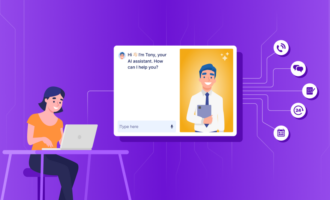
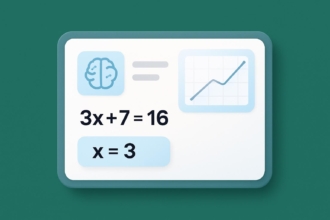









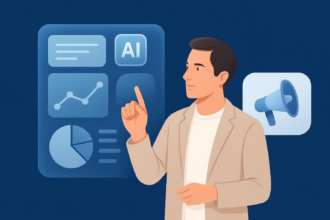
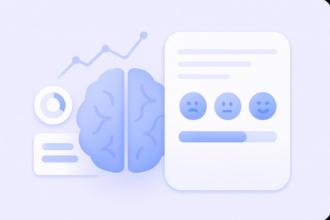

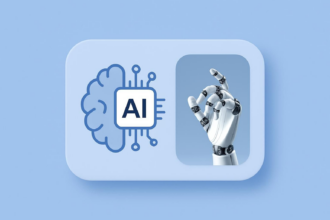
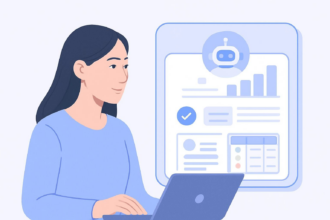

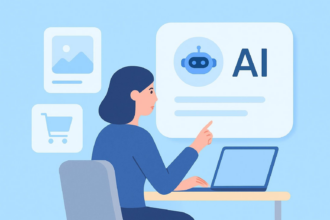



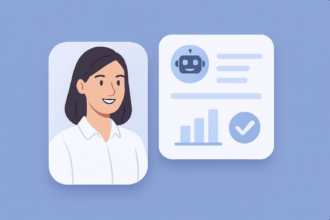





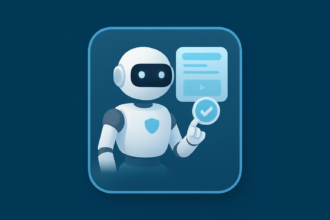




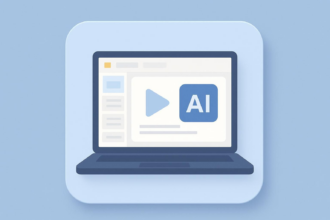


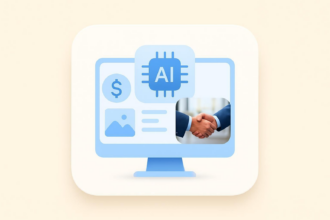


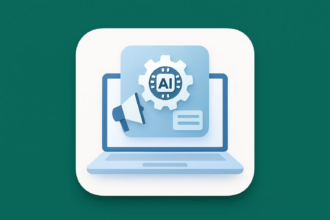



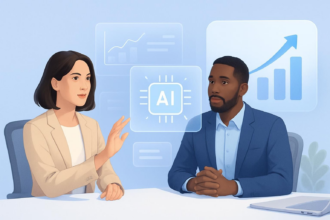



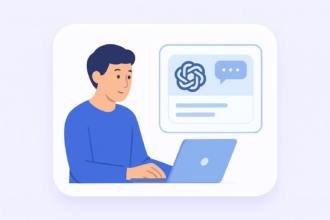
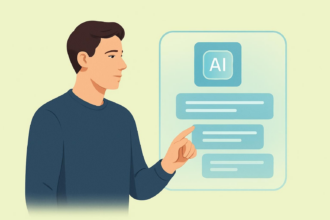


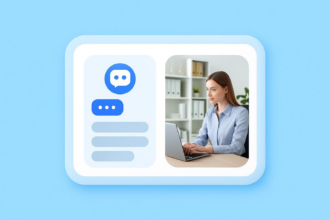
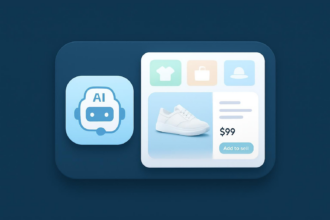
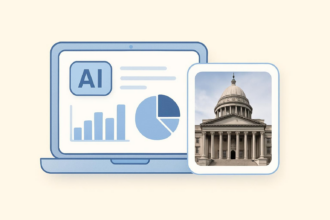
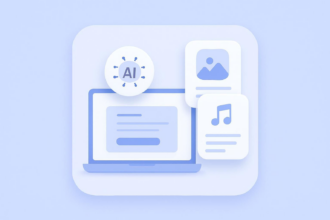



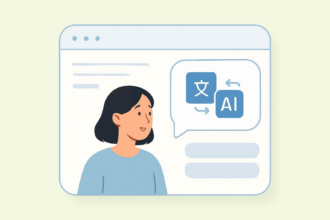












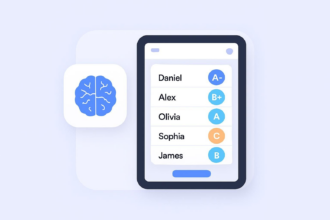





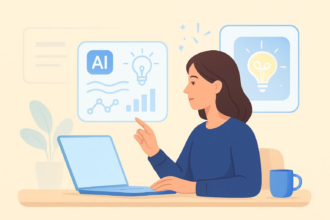
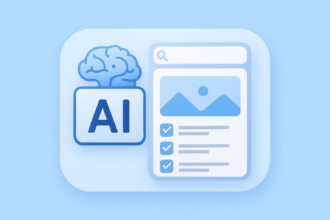
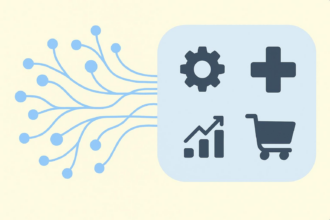
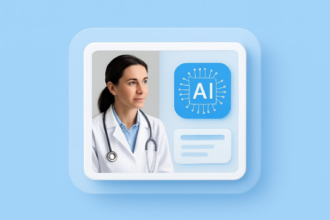
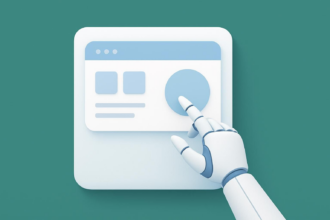

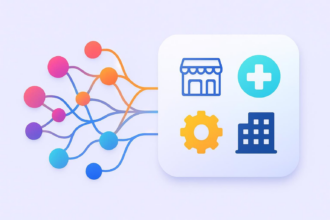

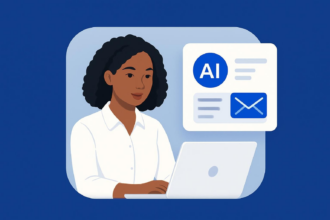

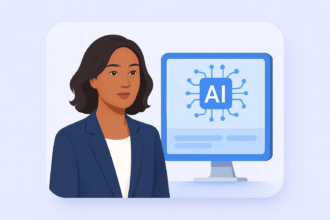
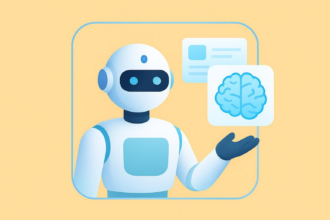


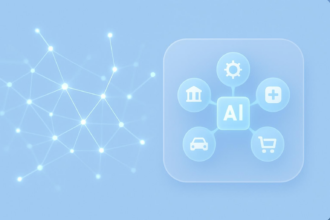


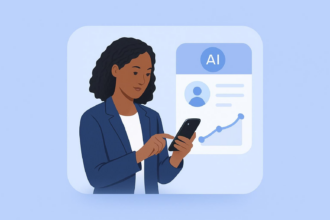
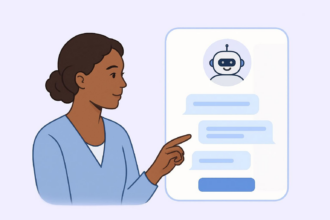



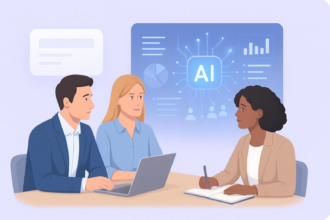

Send Comment: